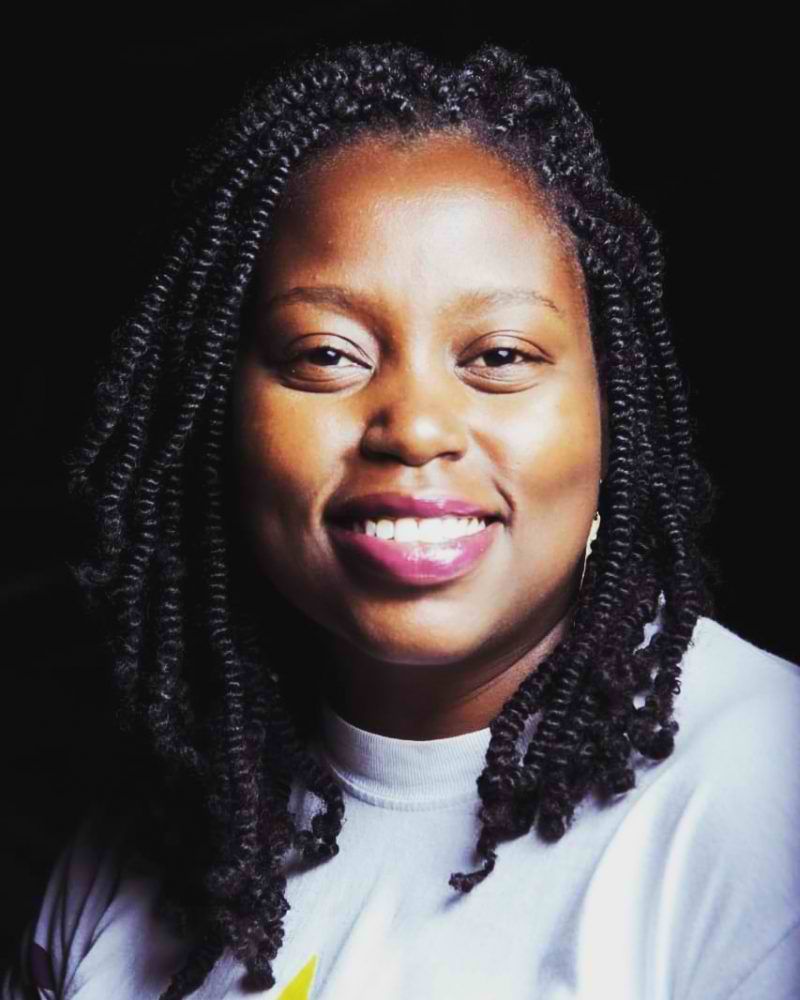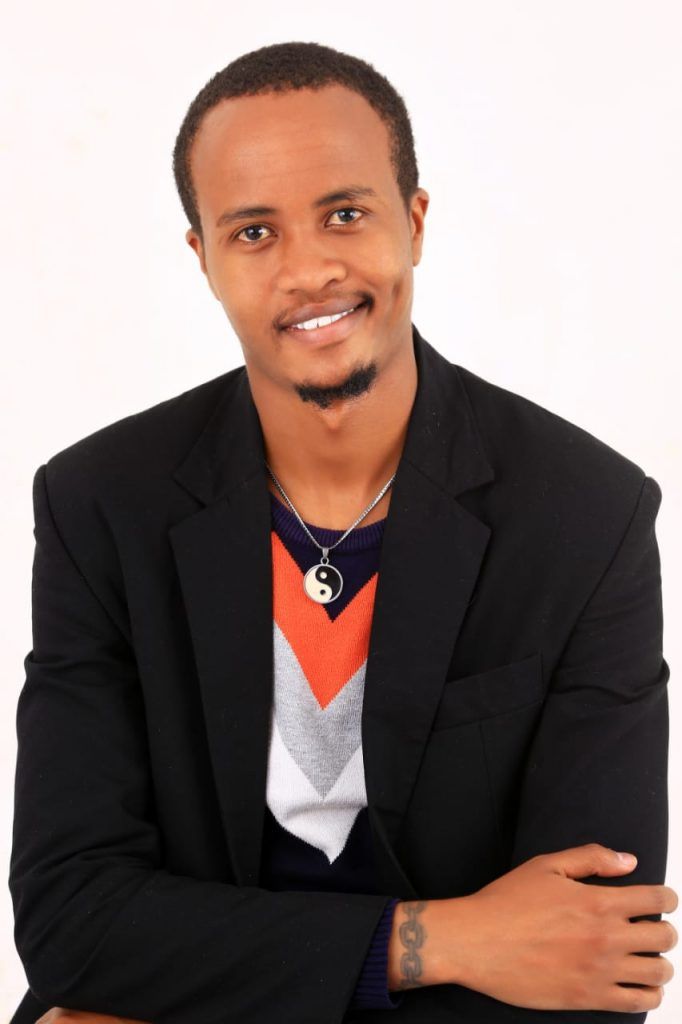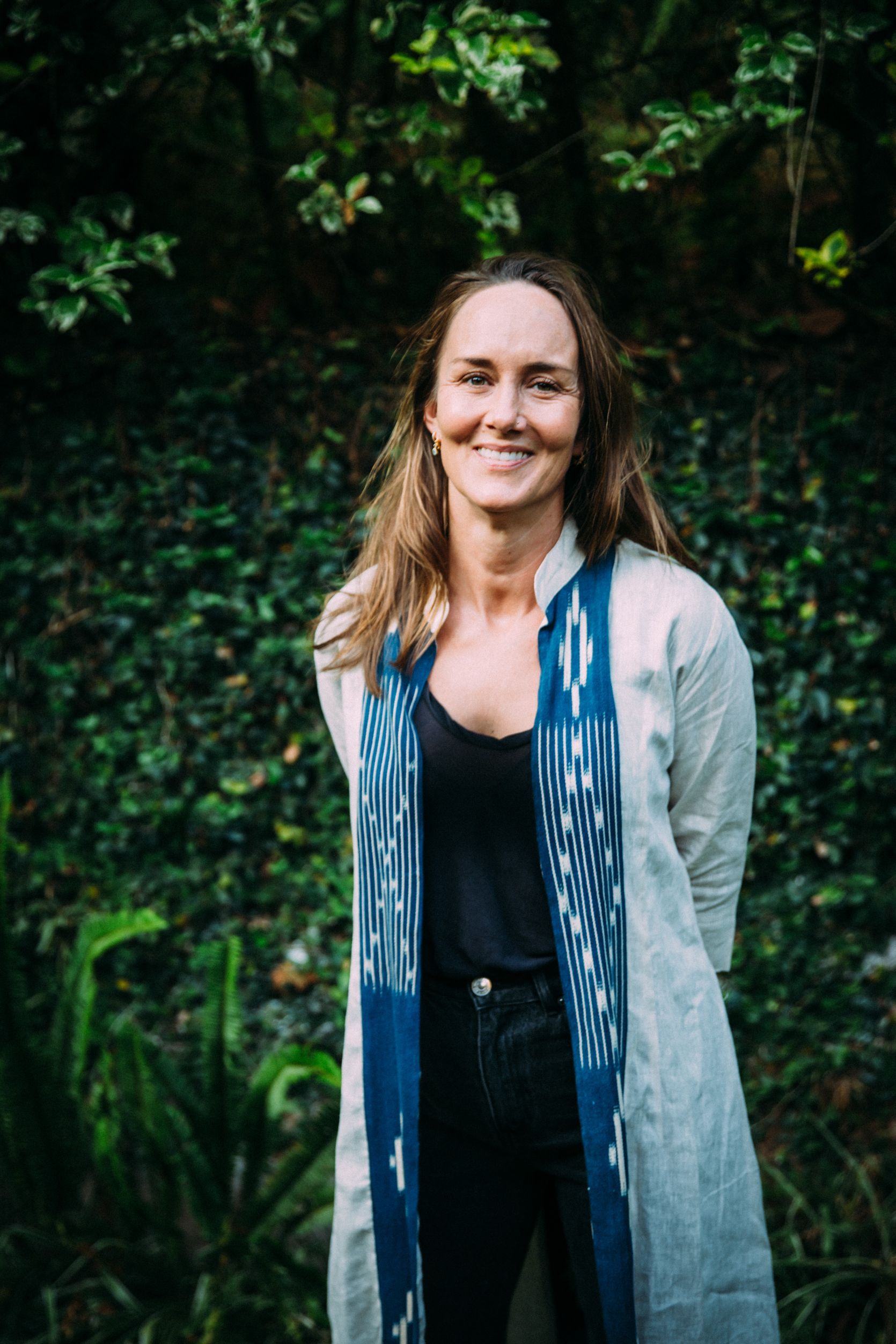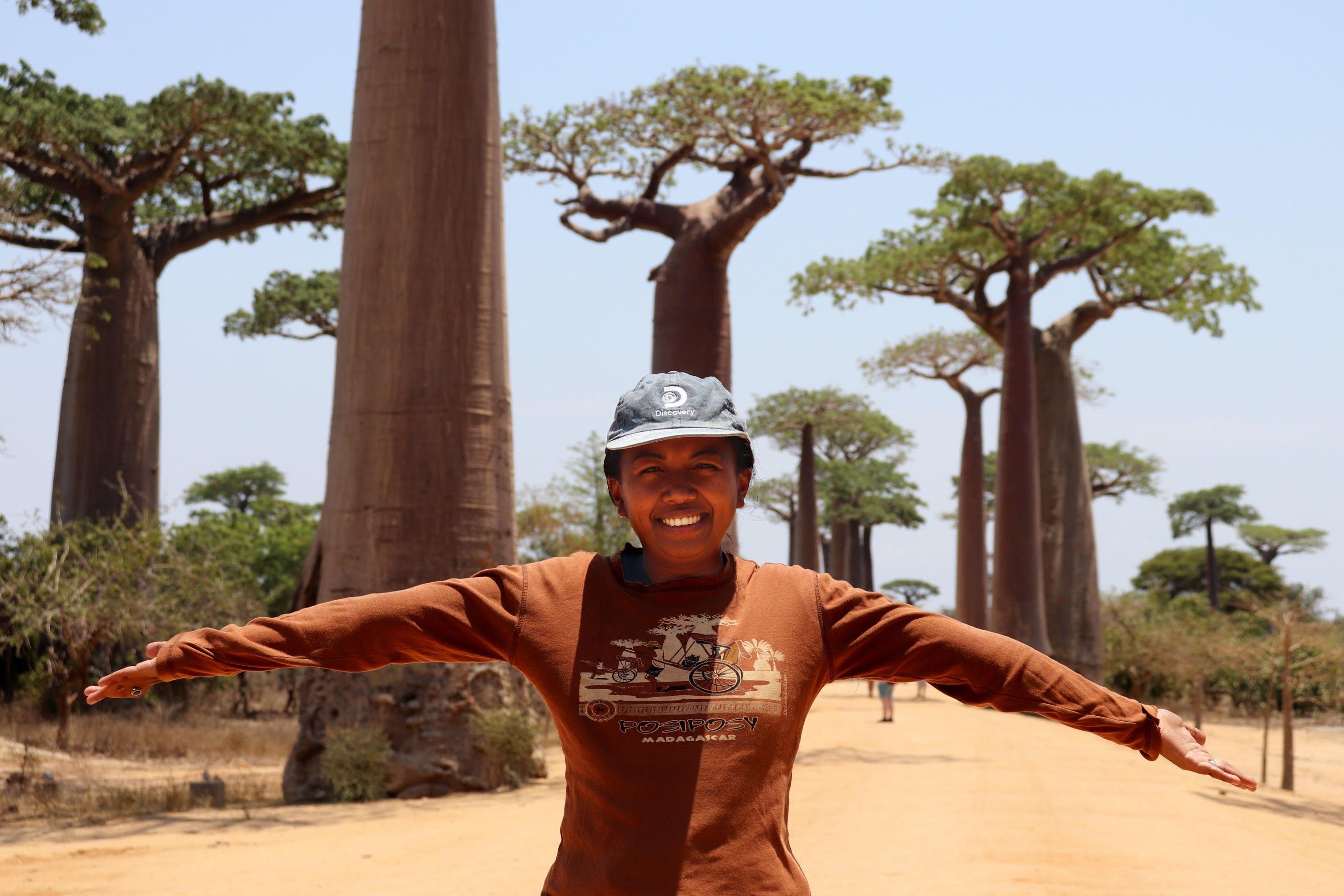I dream of an equal world, where all girls and women will rise to their rightful positions in their communities.

Image, courtesy.
A sharp object is used. It could be a knife carefully sharpened for hours, or a razor blade; and in extreme scenarios, a broken piece of glass. Not only is it painful and life-altering, but also, it could bring death upon those who undergo it.
In the least dangerous form, the hood of the clitoris is chopped off. And then there is excision, where all or part of the clitoris or labia minora is sliced and tossed away, leaving a bloody mess and a girl in incredible pain. The ugliest of all, infibulation- also known as ‘sowing up’; involves the inhumane cutting of the clitoris, labia minora, and part or all of the labia majora. The walls of the vulva are then stitched together and left for healing. A girl gets the FGM scar for life and has to contend with a multitude of other health risks. That is if she survives the crime committed against her: mutilation.
The traditional practice of Female Genital Mutilation (FGM) has been with Africa among some communities for centuries, following generations like a stubborn shadow. Even with laws against it put in place and the World Health Organization (WHO) denouncing the act’s medicalization, it appears to be that culture is a deep and tough demon to drown. The shadows hide when the sun goes down, but they are always with us.
Have we looked the other way to focus on other challenges and opportunities of the 21st century, forgetting the merciless and cringe-worthy acts that are performed on our beautiful girls? Are we doing enough advocacy to save the innocent ones who are cooped up in remote villages, forgotten, almost as if they fell off the map?
In our series seeking to appreciate women lighting up the way for Africa, Jedidah Lemaron, aka Malkia (Queen), loops us in. A Mandela Washington Fellow 2016, Jedidah founded The Malkia Initiative. Born and raised a true daughter of Maa, her organization wages war against FGM and champions the rights and dignity of the girl child.
Who is Jedidah “Malkia” Lemaron?
I am a Maasai girl, a Kenyan feminist and a mother of one. I am the Executive Director of the Malkia Initiative, a community-based organization in Kajiado County.
A menstrual health expert and training consultant, I have a background in Counselling Psychology, with over 5 years of experience in Gender and Adolescent Sexual Reproductive health with a bias on girls.
I draw my inspiration from my early life and that of my community, the Maasai, where I experienced the consequences of inequality, poverty, and harmful practices.
I envision a world with gender parity. One where girls and women can make decisions of their own and have their own voice in what is largely a patriarchal community.
I dream of an equal world, where all girls and women will rise to their rightful positions in their communities, without question.
What is the mandate of Malkia Initiative?
The Malkia Initiative mission is to enhance the enrolment, attendance, retention and transition of girls in school and to ensure that they thrive while at it.
We seek to see the emancipation of women and girls. This is done through interventions under 3 key pillars: Education, Menstrual Health and Hygiene Management, and Adolescent Sexual Reproductive Health.
When was it founded and why did you see the need?
Malkia was Founded in 2015 and legally registered in 2016. I founded Malkia because of the inequalities I saw as a young girl.
I was lucky to have come from a privileged family where my parents were educated hence they took us to school. Through primary school, I lost friends to FGM, early marriages, teenage pregnancies, and even poverty.
Oftentimes girls didn’t have menstrual products. They were also not motivated to stay in school or work hard; we lacked role models from our community.
As a Maasai, I knew I wanted to come back to my community and stand in the gap, not only be a mentor but also empower the young girls to get their own voice and know their rights. I wanted them to say NO to harmful cultural practices and I would also do that at the policy level to ensure that we have policies that protect women and girls.
How would you describe FGM?
Barbaric. It’s a human right violation.
Is this hidden crime a global concern?
Yes. FGM is practised across the world. Over 200 million girls and women in the world live with the scars of FGM, 92 million of them in Africa.
In Kenya, 21% of the women population have undergone FGM with 22 counties mapped as hotspots. Some counties have up to 99% prevalence. Kajiado is ranked at 78% which is still too high. In fact, research has it that in every 8 seconds one girl will undergo FGM.
As a Maasai who grew up in the Maa community, what was your childhood like?
My childhood was good. I was born and spent the first 6 years of my life in Loitoktok, where I attended a private school. The only challenge I can think of was the 5km walk every morning to get to the school. A normal thing though, since there were no taxis or motorbikes then.
At the age of 6, we moved to Kajiado town and that’s where I got the culture shock. The girls at my school were ‘more’ Maasai than I was. I had only known life around me and that’s how I realised how privileged I was. That experience set my heart on fire and shaped who I am today.
Let’s talk FGM Kenya. Where do we stand as a country?
We have made huge steps as a nation. Kenya is one of the countries with a law against FGM, the anti-FGM prohibition act of 2011.
We have also political goodwill such as the UK government making a directive to end FGM by 2022, and the presidential acceleration plan that has seen more resources and strategies put to end FGM by 2022.
At the county level, a lot is also happening. Take Kajiado, for example, it was the first county in Kenya to develop an anti-FGM policy to ensure that the law is domesticated to the county needs and hence protect the girls better.
We have also seen the communities declaring to end FGM, the Loita declaration in 2019, the West Pokot declaration of 2021, and the most recent being the Kisima Declaration where the Samburu elders vowed to end FGM among the Samburu community. This happened earlier this month and was presided over by President Uhuru Kenyatta.
How does the Malkia Initiative work, and what challenges do you face?
The Malkia Initiative is a non-profit organisation. We rely solely on grants and donations. We obviously have challenges, the biggest being the shrinking civic space. This means less funding is coming our way yet more girls need our help.
We also have logistical issues. Rural Kajiado is vast and with hard terrain, making it difficult to access without an off-road vehicle. We hope that one day we will get one so that we can reach more girls.
Any success stories?
Many. We’ve had fathers vow not to cut their girls, and to take them to school.
There were schools in Kajiado where parents, out of ignorance, hard-headedness or damaging cultural beliefs, failed to provide sanitary pads for their daughters. Malkia Initiative came in and started supplying sanitary pads to the schools, and training them on their importance. With time, the parents realized their mistake and committed to taking the responsibility of buying pads for their daughters. Once they did this, we stopped supplying menstrual products in these schools.
We’ve had hundreds of girls transition and thrive in school. But more importantly, Malkia is celebrating 5 years of existence this year. It has been an uphill task but we are stronger now.
Through the 5 years, we have reached over 10,000 girls with menstrual products and 15000 cumulatively with Menstrual Health Management, and education.
How can individuals/organizations support you?
We welcome donations in cash or in-kind. We appreciate volunteers who would want to join our mentorship program or even offer their professional skills. Anyone interested can reach us through info@malkiainitiative.org
What would you love to say to the world?
You have to use your privilege to serve other people.





